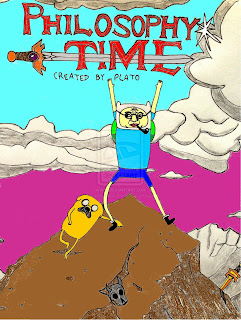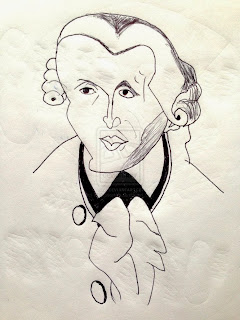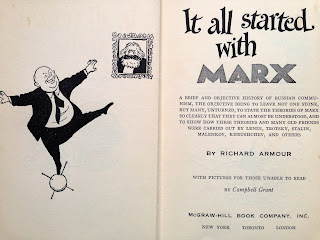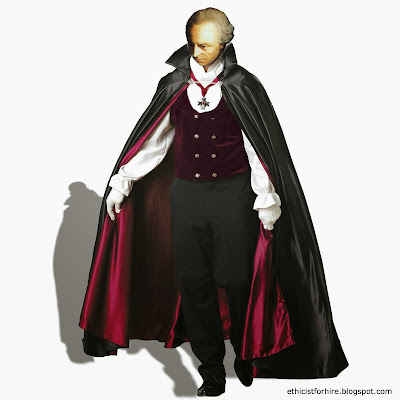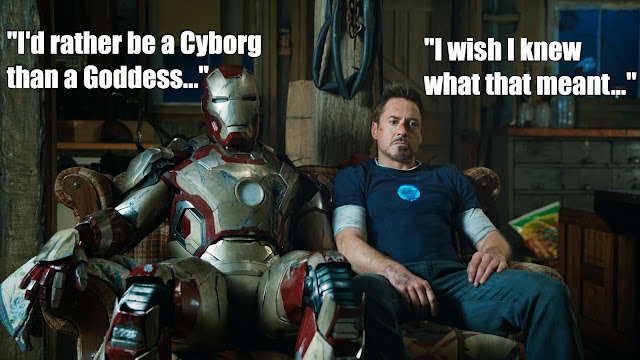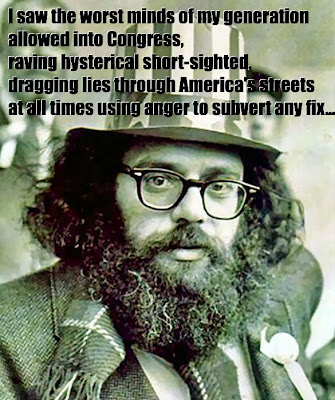What was it like to have a
Fortune in December of 1930?
Apparently back then even the well-to-do could be expected to not only shop for themselves, but to walk in the snow.
Well, at least they do not have to ride on the top of a bus, where the commoners (who nevertheless have gift-wrapped packages) are found packed in on the roof like luggage.
A car having "coachwork and interiors of rare beauty" could set you back $3795 to $4895.
General Motors probably could have charged more, but they clearly forgot to have bikini-clad babes draped over the car, rather than a woman in a fur coat hovering overhead.
At least they don't have to worry about the driver daring to look in their direction.
Sure, Egypt had camels, Rome had chariots, but the empires of "the machine age" have "grinding" factory wheels!
It's fascinating to see these wheels presented as lords of the sky, as if factory machines were meant to be worshipped (or perhaps feared) rather than seen as Capitalist cogs.
Yet that it is made clear the camel, the chariot, the train, the zeppelin, the motorcar, and the bi-planes are all inexorably heading towards the factory in the distance, with its smoke stacks guiding them like a lighthouse of pollution, perhaps reveals some anxieties about these grinding wheels after all.
However, it is shown here not yet ready for occupancy, without its well-known crown, and described as merely the "world's largest office building." Where is the grandeur of the art deco behemoth that we know and love today?
Indeed the use of this photo rather than an artist's depiction or an architect's rendering seems to betray instead a sense of a dawning of a new age in New York, but perhaps an age that was not wholly desired. The information about the building is further presented as an arrowhead driving its point into the center of the city, pushing the building itself off to the left, and the other skyscrapers almost off the edge of page in the distance on the right.
"In all Packard's thirty years of building fine motor cars for a discriminating clientele Packard distinction have never been more pronounced, more enviable than it is today."
How could the Packard not have lasted to today? Clearly even the 1930's version of the "Most Interesting Man in the World"—a Flemish cartographer apparently—wanted to be seen in a Packard. And yet...
"Any Packard man can, and will be pleased to show you with detailed figures that it really costs
no more to have a luxurious Packard
Standard Eight than any car of like size and power—if you will but follow the example of most Packard owners and keep your Packard a little longer."
Well there's your explanation! The car is being advertised for "discriminating clientele" and you're telling them that it's a good value and to not try to replace it ASAP? That's commoner thinking!
It's hard to see this map and not immediately think it's describing the route of the
Luftwaffe during World War II, but in fact it's a map of the telephone availability in Europe at the time.
Not that's not
AT&T, but
IT&T, the company that has apparently saved Spain and Romania from the socialist government-operated telephone service of so much of the rest of Europe.
As the caption indicates, IT&T is apparently succeeding in defeating socialism, having already earned "$70,000,000" in "manufacturing revenue in 1930."
Perhaps it's not an accident that a map representing the growth of a company so well resembles a map of an invading army in wartime...
"The ability to shoot rapidly and accurately is an essential qualification for the position of treasure guard. United States Trucking has among its custodians a former general in the Russian Army and seventeen former captains, U.S.A."
That "rapidly" comes before "accurately" could perhaps be meaningless, but I like to think of it as a subtle reference to the preference for killing any potential criminals who would dare steal from the rich rather than concern oneself with things like aiming.
Furthermore, that a "former general" has achieved the level of "treasure guard" surely indicates that this is not seen as a demotion rather than a promotion. Or rather that he has made a horizontal move, acting as the "custodian" for the wealthy in one tank rather than another, for one empire rather than another.
"And the safest commodity in the world to transport is money." How true...
